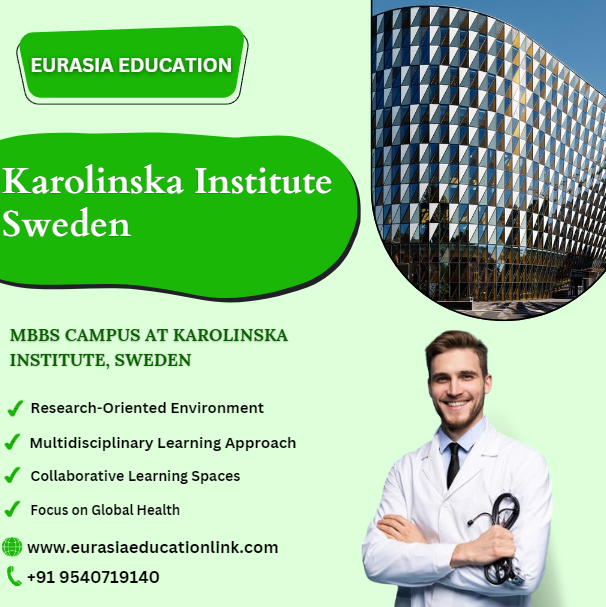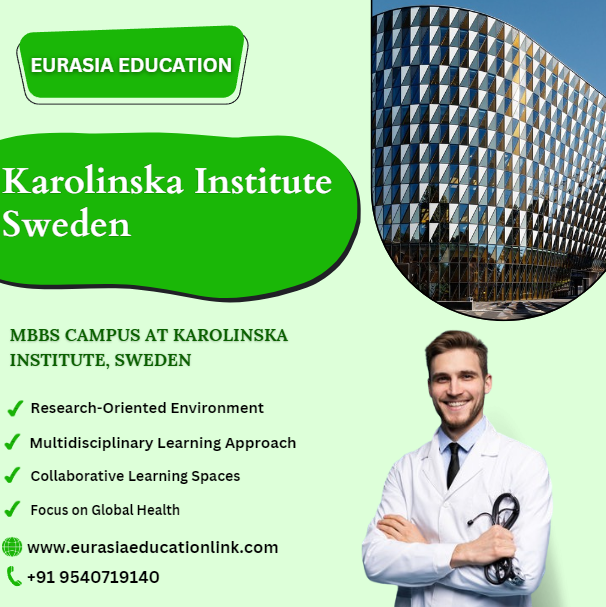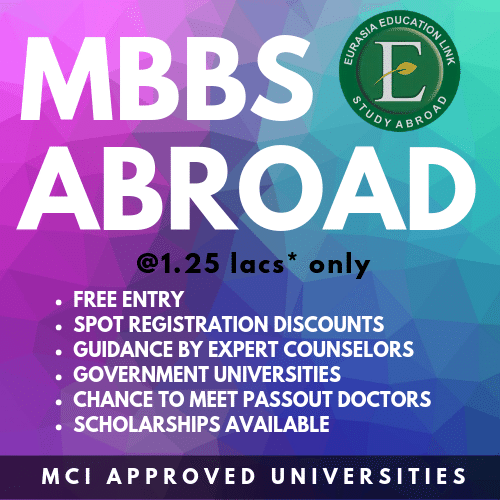1. Modern Campus Facilities:
The MBBS program at Karolinska Institute is supported by state-of-the-art facilities designed to enhance the learning experience. The campus includes advanced lecture halls, modern laboratories, simulation centers, and well-equipped libraries. These resources provide students with access to cutting-edge technologies and tools, ensuring they are well-prepared for both theoretical and practical aspects of medical education.
2. Integration with Karolinska University Hospital:
The MBBS campus is closely integrated with the Karolinska University Hospital, one of Europe’s leading healthcare institutions. This proximity allows students to gain hands-on clinical experience early in their studies, working alongside experienced healthcare professionals in real-world settings. The hospital’s advanced medical infrastructure provides an ideal environment for learning and applying clinical skills.
3. Research-Oriented Environment:
Karolinska Institute’s MBBS campus is deeply embedded in a research-driven culture. Students are encouraged to participate in research projects from the early stages of their education, often collaborating with leading researchers in various medical fields. This approach not only enhances their understanding of medical science but also fosters critical thinking and innovation.
4. Multidisciplinary Learning Approach:
The MBBS program at Karolinska Institute emphasizes a multidisciplinary approach to medical education. The curriculum integrates various aspects of medicine, including basic sciences, clinical skills, ethics, and public health. This comprehensive approach ensures that students develop a holistic understanding of healthcare, preparing them for diverse roles in the medical field.
5. Simulation-Based Learning:
The campus features advanced simulation centers where students can practice clinical skills in a controlled and safe environment. These simulations replicate real-life medical scenarios, allowing students to hone their skills in diagnosis, treatment, and patient communication. The use of high-fidelity mannequins and virtual reality tools further enhances the learning experience.
6. Collaborative Learning Spaces:
The campus is designed to facilitate collaborative learning, with numerous group study rooms, discussion areas, and common spaces. These areas encourage interaction and teamwork among students, which is essential for developing the communication and problem-solving skills necessary for a successful medical career. The collaborative environment also fosters a sense of community among students.
7. Focus on Global Health:
The MBBS campus at Karolinska Institute places a strong emphasis on global health, aligning its educational programs with global health challenges. Students have opportunities to participate in international exchange programs, global health courses, and research projects focused on health issues in low- and middle-income countries. This global perspective enriches the learning experience and prepares students to work in diverse healthcare settings.
8. Support Services for Students:
Karolinska Institute provides comprehensive support services to ensure the well-being and academic success of its MBBS students. These services include academic advising, career counseling, mental health support, and language courses. The campus also offers various extracurricular activities, including sports, cultural events, and student organizations, to help students maintain a balanced lifestyle.
9. Sustainable and Green Campus:
The Karolinska Institute campus is committed to sustainability, with eco-friendly buildings, energy-efficient systems, and green spaces integrated into the campus design. The university actively promotes environmental awareness among students and staff, encouraging sustainable practices in all aspects of campus life. This commitment to sustainability aligns with the university’s broader focus on global health and well-being.
10. Diverse and International Community:
The MBBS campus at Karolinska Institute is home to a diverse and international student body, creating a vibrant and inclusive environment. Students from different cultural backgrounds bring a wealth of perspectives and experiences, enriching the educational experience. The university’s strong focus on internationalization ensures that students are well-prepared to work in a global healthcare landscape.
















April 23, 2025
ReplyApril 22, 2025
ReplyApril 16, 2025
ReplyApril 14, 2025
ReplyApril 12, 2025
ReplyApril 8, 2025
ReplyApril 6, 2025
ReplyApril 1, 2025
ReplyMarch 30, 2025
ReplyMarch 28, 2025
ReplyMarch 14, 2025
ReplyMarch 12, 2025
ReplyMarch 10, 2025
ReplyMarch 9, 2025
ReplyMarch 7, 2025
ReplyMarch 1, 2025
ReplyFebruary 21, 2025
ReplyFebruary 19, 2025
ReplyFebruary 6, 2025
ReplyFebruary 4, 2025
ReplyJanuary 25, 2025
ReplyJanuary 19, 2025
ReplyJanuary 15, 2025
ReplyJanuary 9, 2025
Reply